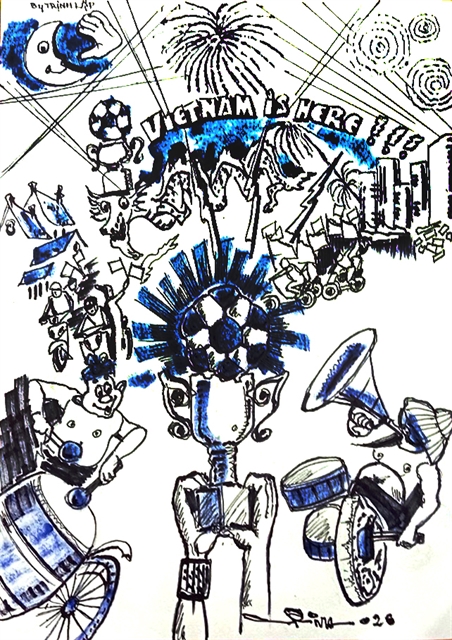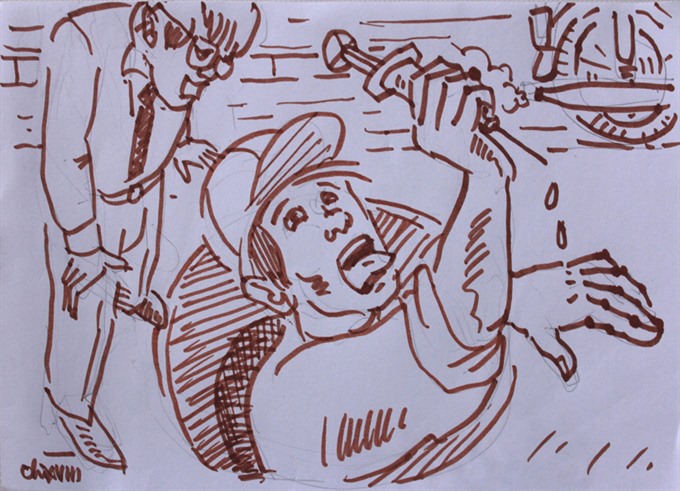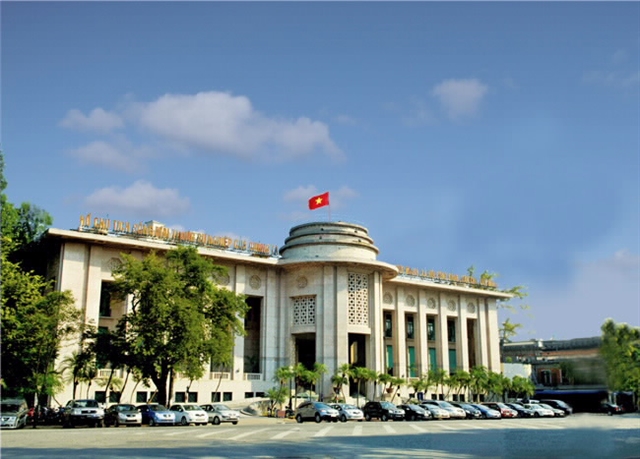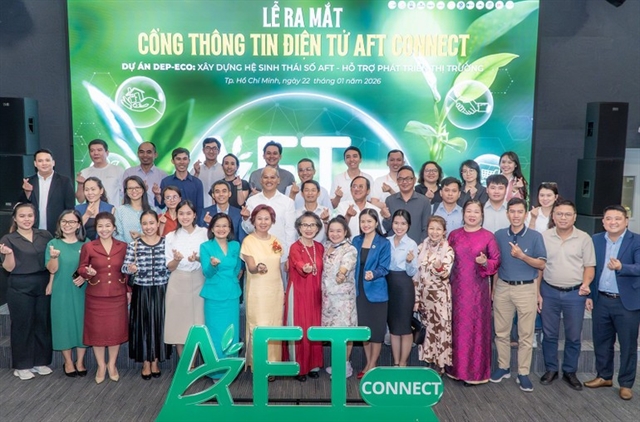 Talk Around Town
Talk Around Town

I’ve worked as a reporter for almost 10 years, and I’ve interviewed a number of people during the years, from different social position including leaders and normal workers. The ones that left me the most impression are sanitation workers, who collect rubbish everyday due to their very hard work.
 |
By Thu Trang
I’ve worked as a reporter for almost 10 years, and I’ve interviewed many people during the years, from all walks of life, from top political and business leaders to normal labourers.
The people that left the strongest impression are sanitation workers, who collect rubbish every single day.
I can still remember the foul smell from the dust and garbage truck when I stood next to the workers and observed them do their job.
The work is much harder and more dangerous when they have to collect rubbish from underground sewers.
With basic safety clothing, they climb down into the sewage using an iron ladder. They then use an iron stick to collect rubbish in the sewage including nylon bags, plastics bottles and mud, into a big bag. They grope their way inside the sewer, blind but for the weak light from a small flashlight on their head.
Vũ Thị Nghĩa, a worker of the Hà Nội Urban Sanitation Company, said their work was made harder by other citizens.
“Many residents throw their rubbish bags in the manhole and strong winds and heavy rains blow them right into the sewage. Moreover, different buildings discharge their waste right into the sewage, and as a result, we are hit by falling water while working inside the sewer,” she said.
But that’s not all, Nghĩa added.
“Many restaurants discharge oil whereas public toilets discharge waste without treating the waste, and we must swim in the most terrible things,” she said.
The problem is seen in every city, from big to small. And HCM City, the biggest city in the country, is no exception.
Nguyễn Công Thưởng, 54, a sanitation worker who spent 22 years working collecting rubbish from sewage in HCM City, said he used to collect hypodermic needles with blood on them.
If the workers were not careful, they could prick themselves with the needle. Besides the danger, it hurt severely, said Thưởng.
Recently, in a talk with sanitation workers, Nguyễn Thị Quyết Tâm, chairwoman of the HCM City People’s Council, offered an apology on behalf of municipal authorities to the workers for their bad working conditions.
Tâm said that putting rubbish in the right places seemed to be a cheap and simple work, but not all organisations did it well.
In high buildings, the Fourth Industrial Revolution is discussed, but underground, inside sewers, rubbish collection is done with human strength and simple tools.
Many big cities across Việt Nam, including HCM City, Hà Nội and Đà Nẵng, have conducted projects to build smart cities in recent years. I believe that being a smart city means that information technology joins urban management and environmental and human protection. All problems of the city, and rubbish is one of them, must be resolved smartly.
And to resolve it, what we need is co-operation from the whole community.
Also speaking at the talk with sanitation workers, deputy chairman of the HCM City People’s Committee Trần Vĩnh Tuyến said that authorities always tried their best to share difficulties with workers.
The municipal leaders had thought about using information technology to make clearing rubbish and sewers easier, he said.
But it was not enough.
“It needs helping hands from residents and everyone must aware of the importance of sanitation,” said Tuyến.
Nguyễn Hương Giang, a resident in Hà Nội, said that building a smart city was building smart urban people.
“They have knowledge, awareness and behaviour that is suitable to urban living conditions,” she said.
Living in a smart city, people can enjoy convent travel, leisure, health care and education, so they must be responsible for keeping living standards high, or else they will be punished.
“To do it, education from early school level is needed,” said Giang.
With socio-economic development, and with the 4.0 Revolution, we can dream about one day, machines or robots replacing people to collect rubbish inside sewers.
Part of the revolution benefits must be used to resolve rubbish, a common problem for every city, not only smart ones.
But for now, workers from the municipal people’s council, as well as other organisations such as youth unions, women’s associations and students, should clean their living surrounding environment and collect rubbish.
Experiencing exhaustion from the hard work will help everyone raise their awareness and learn not to litter uncontrollably. — VNS




